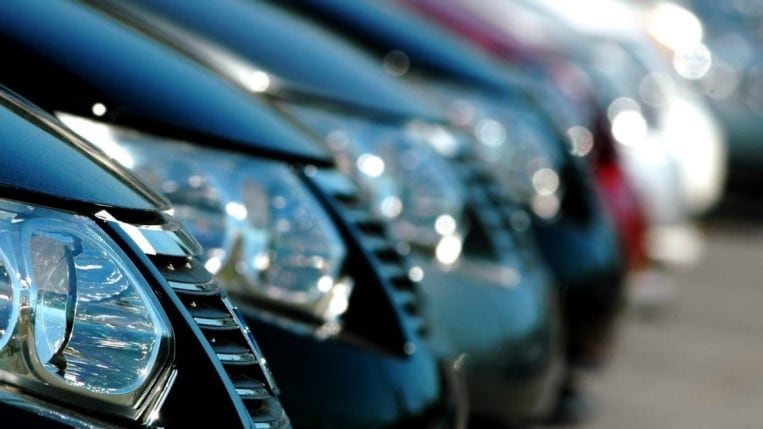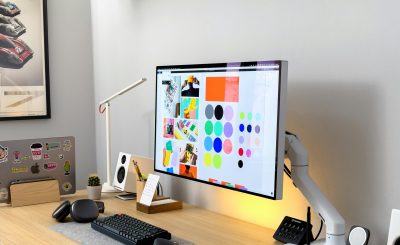Views: 10
6 Smart Moves To Make After Buying A Car In Nigeria

With the ongoing inflation in Nigeria, buying a new car can feel like such a miracle and a prayer answered.
Finally, you can now get to live your dream, driving exotic cars with your spouse and children.
But that’s not to say you should neglect the basic things that make you eligible for driving on the Nigerian road.
Most of the time, getting a car opens you up to a new level of challenges and responsibilities that may appear somewhat cumbersome, and there are some factors to consider when buying a new car, too.
Not to worry, this post will guide you on the things you need to do once you get your new car, and you will know the advantages of buying a new car.
Let’s go where to buy a new car.
1. Insure Your Car
If you just bought a new car and have paid in full, it’s important to insure your vehicle for accidents, theft, or any other bad occurrence.
As a Nigerian, third-party insurance is one among six compulsory types of insurance under the law of the Federal Republic of Nigeria.
Motor insurance protects you from loss or damage to your new car.
If you’re going to travel on the Nigerian road, this type of insurance is compulsory, as recommended by the government.
And not possessing it is an offense punishable by law.
However, it’s also important to research providers and read the print carefully.
Learn more about how to secure motor insurance for your car here.
2. Get Your Vehicle Registration
To avoid harassment from the Road Safety Corps, you’ll need to get your vehicle registration documents.
This is a document that shows the FRSC that your car has been duly registered under Nigerian law and complies with the various rules guiding the act.
3. Get Your Driving License
In a law-abiding country like Nigeria, your driving license is a necessary document that qualifies you to be on the road.
Without it, you’re putting yourself (and the car) at risk of being punished by law.
The driving license is a lot like the pass mark you get in college to show the teacher that you are qualified for the next class.
Once you have obtained the driving license from FRSC or VIS, you show that you’ve passed the mental and physical requirements that qualify you to drive on the road.
This doesn’t require you to be an expert driver, just be above the age of 18 and go through the simple test accompanying the process.
4. Obtain Your Certificate for Roadworthiness
Next to the driver’s license, you need to get your certificate for roadworthiness.
This certificate shows that you’ve mastered how to use Nigerian roads and are now qualified to drive on them.
Without this certification, you may face confrontation and molestation from the road safety corps at any point in time.
The roadworthiness certificate also shows that your vehicle has passed all the criteria and checks required to be on the road and has adhered to the national safety measures.
To perfect this, you’ll need the services of the Vehicle Inspection Officers (VIO).
They’ll be the ones to carry out the various inspections and ensure the vehicle meets these measures and demands.
To scale this hurdle, be sure to keep your vehicles in good order and condition.
5. Schedule Maintenance
When you’ve just bought a new car, it’s easy to assume it won’t need maintenance for weeks or months to come, but that can breed potential dangers.
You should check with the dealership for a proper maintenance schedule and follow the process as closely as possible.
Sometimes, you might be tempted to go for cheaper alternatives to save money, but that’s another way to shortchange yourself.
Sticking to a schedule can help you ensure a healthy car that saves you money in the long run.
6. Obtain Your Plate Number
As part of the registration process, it’s important to get your plate number to drive on the road.
This is important as ignoring this can lead to several assaults while driving your car in Nigeria.
To obtain this, you’ll have to visit the nearest State Board of Internal Revenue Licensing Authority to pick up the plate number allocation form and complete it appropriately.
They will check if you meet the requirements, then lead you through a process of verification, and ask you to make payments for the plate number (usually N50,000, depending on the type of plate number).
After this, your receipt will be confirmed, and a plate number will be allocated to you.
By kingkentus








You must be logged in to post a comment.